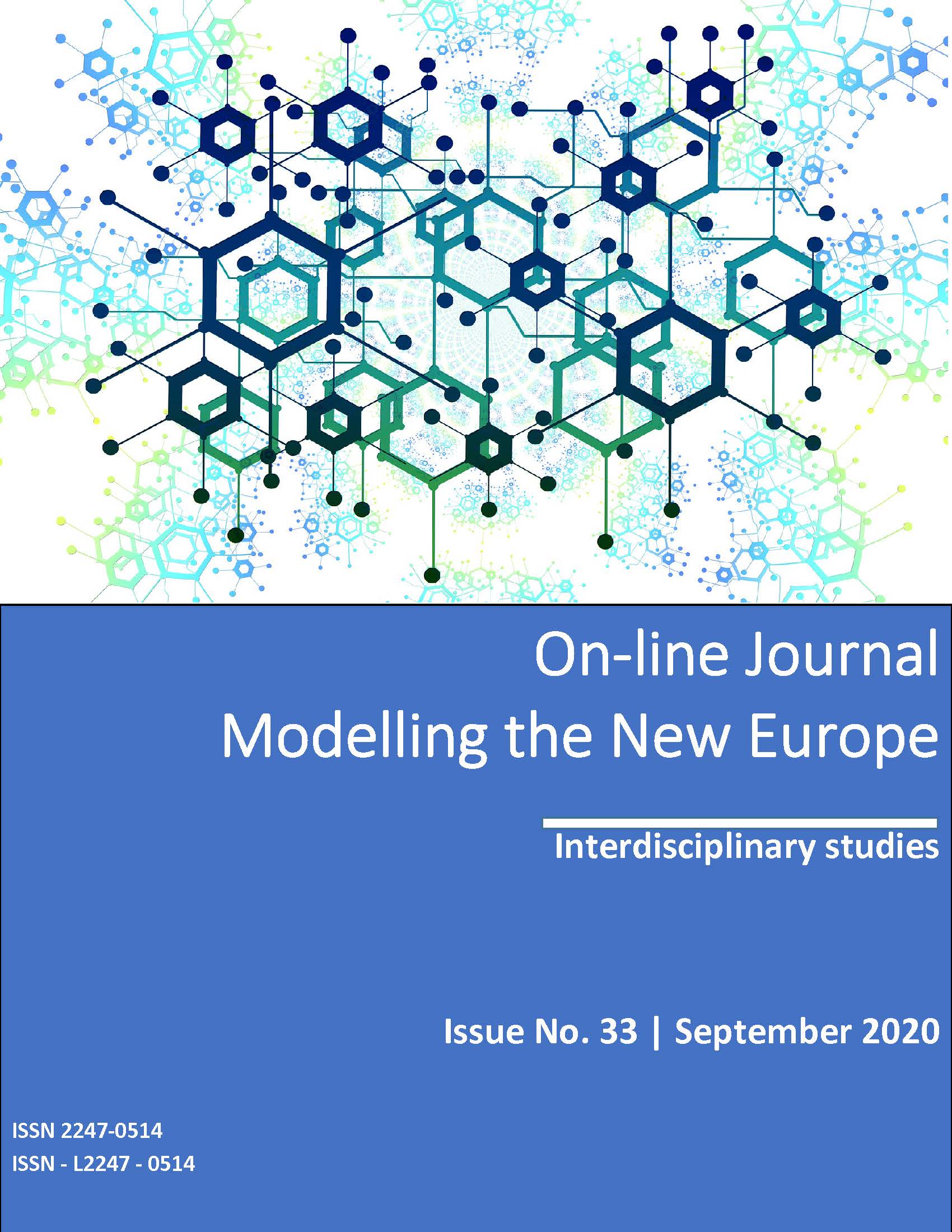ELECTORAL AND CITIZEN’S VIEW ON EUROSCEPTICISM IN TRANSITIONAL SOCIETY: THE CASE OF THE CZECH REPUBLIC
ELECTORAL AND CITIZEN’S VIEW ON EUROSCEPTICISM IN TRANSITIONAL SOCIETY: THE CASE OF THE CZECH REPUBLIC
Author(s): Yevheniy HaydankaSubject(s): Politics / Political Sciences, Political Theory, Governance
Published by: Facultatea de Studii Europene -Universitatea Babeş-Bolyai
Keywords: party Euroscepticism; public Euroscepticism; Soft Euroscepticism; Hard Euroscepticism; Chamber of Deputies Parliament of the Czech Republic;
Summary/Abstract: The present study draws upon Eurosceptic sentiment in the present-day Czech Republic from the perspective of the political and party segment, and at the public level. Given the total of nine manifestations of Euroscepticism (Riishøj), we distinguish two types of party Euroscepticism: Hard and Soft Euroscepticism (Szczerbiak, Taggart). Czech party Euroscepticism is contemplated in terms of party behavior towards the processes of European integration (Kopecky and Mudde), the period of accession to the EU (Rovny) and the postaccession period of European adaptation (Marek, Baun). Two parties, such as KSČM (Hard Euroscepticism) and ODS (Soft Euroscepticism) parties enjoyed considerable electoral support (Chamber of Deputies), being backed by a Eurosceptically oriented electorate. Throughout accession and adaptation to the EU (2002–2010), the Chamber of Deputies rotation comprised around 50%. Since 2013, the Tomio Okamura political projects (Hard Euroscepticism) have joined Eurosceptic parties. In the 1990s, Czech society was mentally prepared for the EU accession, since the number of Democrats (Euro-optimists) was set at 65–77% (1994–1998) (Haerpfer). Following the EU accession, Eurosceptic sentiment in the Czech society constantly fluctuated, with the largest number of hard Eurosceptics in 2004–2010 (Eurobarometer). Simultaneously, elections to the European Parliament remain the least important issue for the Czech electorate (turnout of 28%), with political interests dominated by those of the national. The Czechs consider it best to maintain the EU membership, yet with the prevalence of national interests.
Journal: Online Journal Modelling the New Europe
- Issue Year: 2020
- Issue No: 33
- Page Range: 111-133
- Page Count: 22
- Language: English

